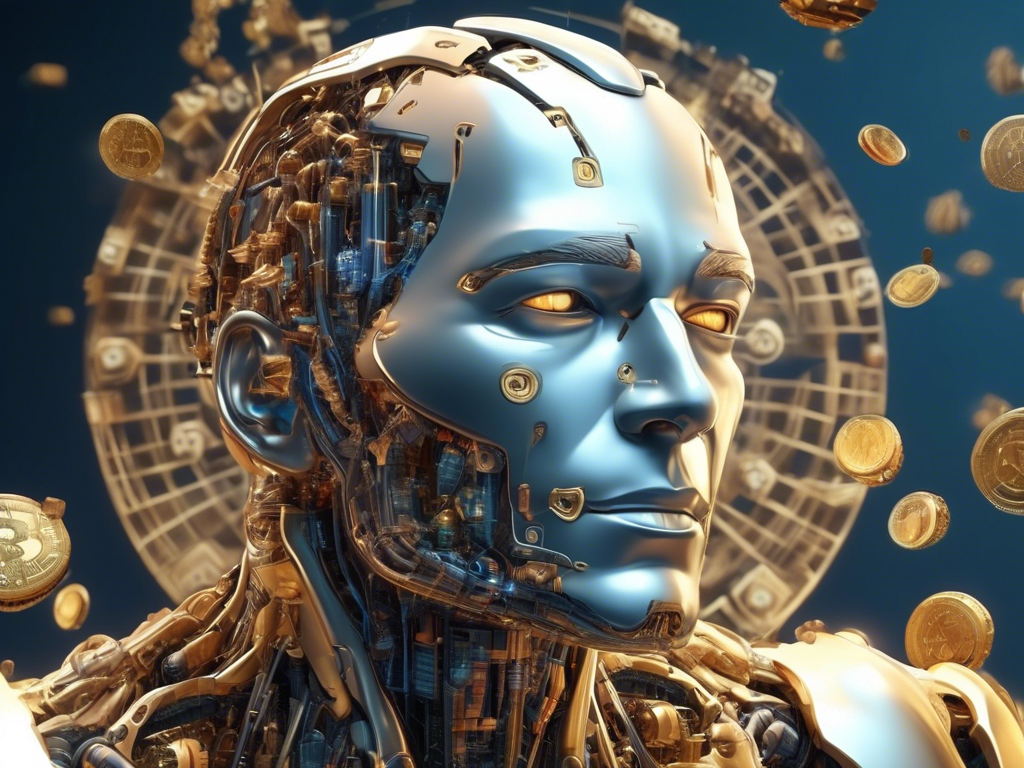The Battle for the Future of AI: A Billionaire Showdown
In the realm of billionaire investors from the internet age, a fierce battle is brewing over the future of artificial intelligence. The outcome of this battle will shape the destiny of AI, determining whether it will be harnessed for collective benefit or unleashed for unchecked progress. This high-stakes debate revolves around the application of AI tools in shaping our society. Some of the world’s most influential figures, including tech moguls and political leaders, are engaged in this ideological clash, which carries profound implications for the future.
- The Power of AI as an Equalizer:
Legendary Silicon Valley figure, Vinod Khosla, views AI as a potent tool capable of elevating the developing world and enhancing the quality of life for individuals globally. Khosla envisions AI as a means to provide universal access to fundamental services such as healthcare and education, thereby democratizing expertise and transforming societal values.
- The Influence of Early Investors:
Investors like Vinod Khosla and Reed Hoffman, early backers of OpenAI, wield significant influence in shaping the AI landscape. While both share a common interest in AI advancement, they differ in their perspectives on regulation and control of AI technologies.
- Differing Views on AI Regulation:
Reed Hoffman advocates for stringent regulation to prevent the misuse of AI tools that could pose serious threats, such as the creation of bioweapons. In contrast, Mark Andreessen believes in the market’s self-regulatory capacity, suggesting that excessive control could stifle innovation and impede progress.
The Contention Over AI Development
As the debate intensifies, key players in the AI ecosystem are grappling with fundamental questions regarding the ethical, societal, and economic implications of AI advancement. While some emphasize the transformative potential of AI for societal good, others underscore the urgent need for regulatory frameworks to mitigate risks and safeguard against potential harms.
- Urgency Amid Early-stage Development:
Despite AI’s nascent stage of development, industry experts like Bill Gurley and Martine Casado advocate for proactive discussions on AI governance to set a precedent for future policymaking. The current discourse will shape the trajectory of AI development and the formulation of regulatory measures to address emerging challenges.
- The Role of Regulation in AI Innovation:
Amid calls for regulatory intervention, the debate intensifies over the extent to which governments should intervene in AI development. While some argue for proactive regulation to avert potential risks, others caution against excessive regulatory measures that could stifle innovation and impede technological progress.
- Navigating the Path Forward:
As stakeholders navigate the complex terrain of AI governance, balancing competing interests and values is paramount. Collaborative efforts to devise ethical guidelines, transparent policies, and accountability mechanisms are essential to steer AI development towards beneficial outcomes for society at large.
Hot Take: Shaping the Future of AI
As the battle for the future of AI rages on, the decisions made today will shape the trajectory of AI development and its societal impact in the years to come. The convergence of diverse perspectives, interests, and values underscores the complexity of governing AI technologies and underscores the need for a holistic approach to AI governance that prioritizes ethical considerations, transparency, and public welfare. By fostering collaborative dialogue and informed decision-making, stakeholders can chart a course that harnesses the transformative power of AI for the collective benefit of humanity.





 By
By
 By
By
 By
By

 By
By